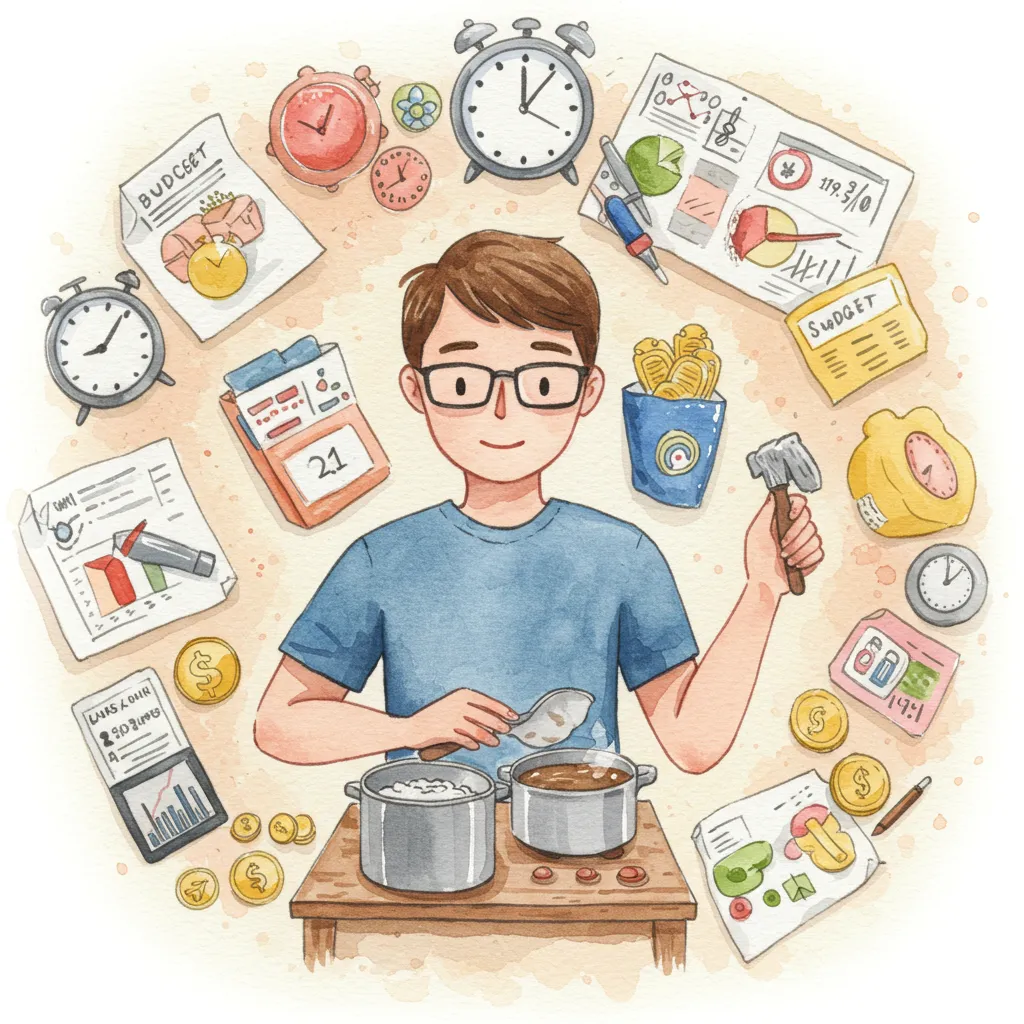
Developing Life Skills Programs for Residents
Recovery is about more than just maintaining sobriety—it's about building a foundation for a fulfilling, independent life. At Sober Living School, we understand that residents need practical tools and competencies to successfully transition back into society. That's why developing comprehensive life skills programs is essential to any effective sober living environment.
Why Life Skills Matter in Recovery
Many individuals entering sober living facilities have spent years focused on their addiction, often at the expense of developing essential life skills. Whether it's managing finances, maintaining employment, or navigating healthy relationships, these fundamental abilities are crucial for long-term success in recovery.
Life skills programs bridge the gap between treatment and independent living. They provide residents with the confidence and capabilities needed to face real-world challenges without returning to substance use as a coping mechanism.
Core Components of Effective Life Skills Programs
Financial Literacy and Management
Teaching residents how to budget, save, and manage money responsibly is foundational. This includes:
Creating and maintaining a personal budget
Understanding credit and debt management
Opening and managing bank accounts
Planning for financial emergencies
Setting financial goals for the future
Employment Readiness
Securing and maintaining employment is critical for self-sufficiency. Effective programs should cover:
Resume writing and interview skills
Job search strategies and online applications
Workplace communication and professionalism
Time management and punctuality
Understanding workplace rights and responsibilities
Daily Living Skills
Many residents need to relearn or develop basic household management abilities:
Meal planning, grocery shopping, and nutrition
Cooking healthy, affordable meals
Cleaning and maintaining living spaces
Laundry and personal hygiene routines
Basic home maintenance and repairs
Interpersonal and Communication Skills
Healthy relationships are vital to sustained recovery. Programs should address:
Effective communication techniques
Conflict resolution and boundary setting
Building and maintaining healthy relationships
Recognizing and avoiding toxic dynamics
Developing a supportive social network
Health and Wellness
Physical and mental health management supports overall recovery:
Understanding insurance and accessing healthcare
Medication management and adherence
Nutrition and exercise routines
Stress management techniques
Sleep hygiene and self-care practices
Implementing Life Skills Training in Your Facility
Assessment and Individualization
Begin by assessing each resident's current skill level and identifying gaps. Not everyone enters recovery with the same deficits, so programs should be flexible enough to meet individual needs.
Structured Curriculum with Practical Application
Combine classroom-style learning with hands-on practice. For example, don't just teach budgeting theory—have residents create actual budgets based on their income and expenses. Cook meals together, practice mock interviews, and role-play difficult conversations.
Progressive Responsibility
Start with supervised activities and gradually increase independence as residents demonstrate competency. This builds confidence while ensuring safety and success.
Peer Mentorship
Pair newer residents with those further along in their recovery journey. This creates accountability, reinforces learning for mentors, and builds community within your facility.
Community Resources and Partnerships
Connect with local organizations, community colleges, and vocational programs to expand learning opportunities. Guest speakers from various professions can provide valuable insights and inspiration.
Measuring Success
Track resident progress through:
Regular skill assessments and check-ins
Employment and housing placement rates after program completion
Resident feedback and satisfaction surveys
Long-term sobriety and stability metrics
Creating a Culture of Growth
Life skills programs shouldn't feel like punishment or busy work. Create an environment where learning is valued, mistakes are seen as opportunities for growth, and achievements are celebrated. When residents understand that these skills directly contribute to their freedom and independence, engagement naturally increases.
The Long-Term Impact
Residents who complete comprehensive life skills training are better equipped to:
Maintain stable housing and employment
Build healthy relationships and support systems
Manage stress and challenges without substances
Achieve personal goals and aspirations
Give back to their communities
The investment in life skills development pays dividends far beyond the walls of your sober living facility. You're not just helping residents stay sober—you're empowering them to thrive.
Ready to Enhance Your Sober Living Programs?
At Sober Living School, we specialize in helping sober living operators develop comprehensive, effective life skills programs that transform lives. Whether you're starting from scratch or looking to enhance existing programs, we provide the training, resources, and support you need to create lasting change.
Don't wait to give your residents the tools they deserve. Contact Sober Living School today.
Visit us at: https://soberlivingschool.com
Call us at: (888) 438-1790
Let's work together to build stronger, more prepared residents who are ready to embrace their recovery journey with confidence.
